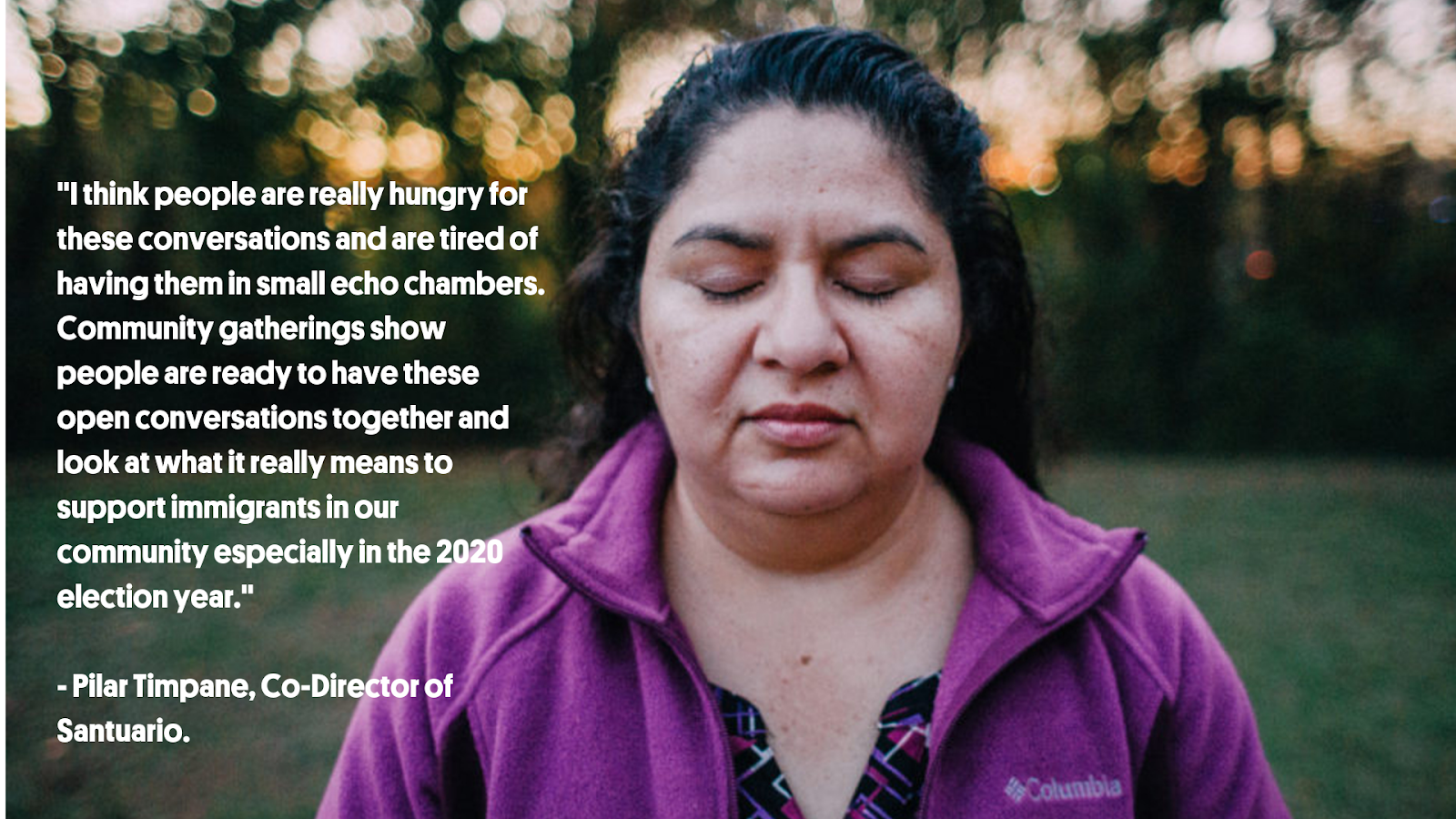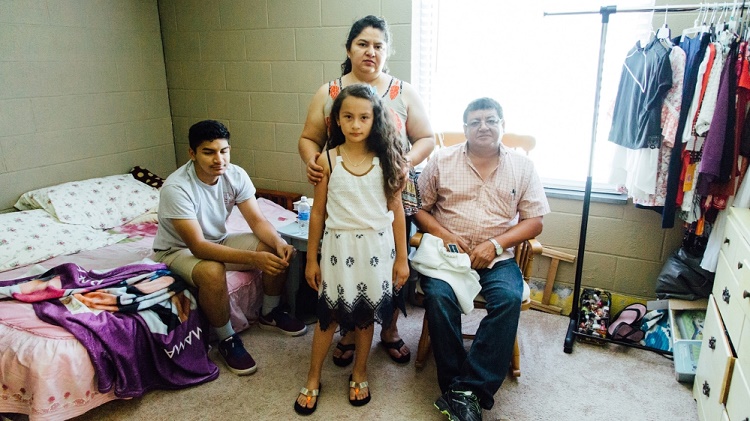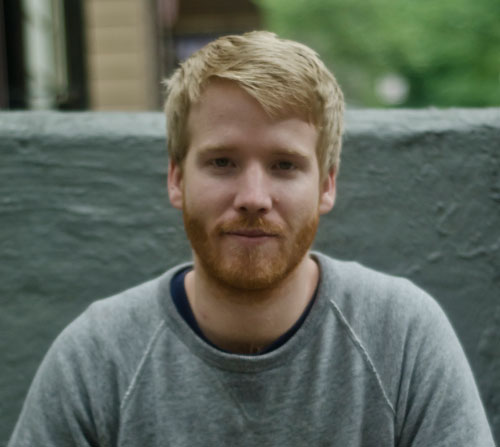
Juana Sanctuario film / Sanctuario film
I’ve seen documentaries completely change people. From vowing to never go to SeaWorld again to forming organizations dedicated to cleaning up coal ash - there's something about spending an hour or two in a dark room that completely transforms someone when the lights turn on. I've been at Working Films for about 8 years. The organization is dedicated to using documentaries to advance social justice and I've seen the power these films can have on galvanizing audiences and changing the conversation. It brings stories up close and personal in a way that directly confronts the notion that these issues are just political.
With constant attacks on immigrant communities, documentaries are now more important than ever. Many people are moved by the family separations happening at the border, but there is a need to tell a fuller story of immigration and the harms perpetuated by ICE that extends throughout the United States. A lot of attention is focused on the border, meanwhile, we have county jails, now serving as detention facilities and families being separated across the country. Documentaries can help expose these injustices, and demonstrate that if what is happening at the border is immoral, then the same can be said for wherever these xenophobic attacks are taking place.
We’re launching a new project aiming to do just that, called Stories Beyond Borders. Curated with our partners at NAKASEC, the National Domestic Workers Alliance, the UndocuBlack Network, and United We Dream, Stories Beyond Borders is an organizing initiative that uses documentary films to show a more complete picture of the attacks on immigrant families and communities. Beyond building empathy, these five short films lift up real stories of resilience and strength, while illustrating some of the ways people can give their time, energy, and resources to support immigrant-led efforts for justice.
One of the films in the collection, Santuario, highlights a powerful example of collective action. The film follows Juana Luz Tobar Ortega, a woman living in sanctuary at St. Barnabas Episcopal in Greensboro, North Carolina. Juana came to the United States as an asylum seeker from Guatemala, and for the past 6 years, had annual check ins with ICE and received a stay of deportation. In April 2017, however, she was told she needed to leave the country or face deportation. The AFSC reached out to Rev. Randall Keeney of St. Barnabas Episcopal and asked if they were considering offering sanctuary if there was anyone who needed it. After hearing about Juana’s story Rev. Keeney and the St. Barnabas congregation agreed to welcome her into sanctuary.
Santuario follows Juana over the course of her first 7 months living at St. Barnabas Episcopal. Confined to the church grounds, Juana is forced to live 50 miles from her family, with little to do except wait for an update on her case. The film shows the severe emotional toll this separation has on her and her family. While far from an appeal for sanctuary as the solution to these attacks, the film does show one of the things people of faith can do. There are people like Juana throughout the US and Santuario shows what showing up for them looks like.

Santuario and the other films in Stories Beyond Borders exists to spark action. We often romanticize how allies hid people in Nazi Germany, but there is very little amplification of how people are being subversive and taking action today. We hope Stories Beyond Borders plants these seeds and shows that there are things we can do to protect people today.
I now invite you to take part in this collective action. Stories Beyond Borders is being shown throughout the US and is available for free for congregations and activist organizations to host your own screening and bring this conversation to your local community. You just need to fill out a screening request form to get started. There is also a do-it-yourself screening guide to assist in event planning. I hope you’ll bring these films to your community and galvanize action wherever you’re located. As Rev. Kennery says in Santuario, "The question is what will we do? And I'd prefer If I'm going to err, to err on the side of doing something. and refusing to sit by and watch families be torn apart.” I hope you’ll do as Rev. Kennery and the AFSC did, and refuse to sit this one out.
